18 GPTs for Law Research Powered by AI for Free of 2025
AI GPTs for Law Research are advanced artificial intelligence tools designed to assist in the exploration, analysis, and comprehension of legal documents, case law, and legislation. Leveraging Generative Pre-trained Transformers (GPTs), these tools are adept at understanding and generating human-like text, making them invaluable for tasks requiring deep legal analysis and research. They're particularly tailored for legal professionals, scholars, and students, streamlining their workflow by providing quick, accurate insights into vast amounts of legal texts.
Top 10 GPTs for Law Research are: Super Legal Writer,LegalGPT (German Law),My Lawyer,Lex,RA Strafrecht,ScottTheLawyer,Legal Eagle,"Avvocatessa","ব্যক্তিগত আইনজীবী",Gun
Super Legal Writer
Enhancing Legal Expertise with AI Power

LegalGPT (German Law)
AI-powered legal insights for German law.

My Lawyer
Empowering Legal Decisions with AI Insight
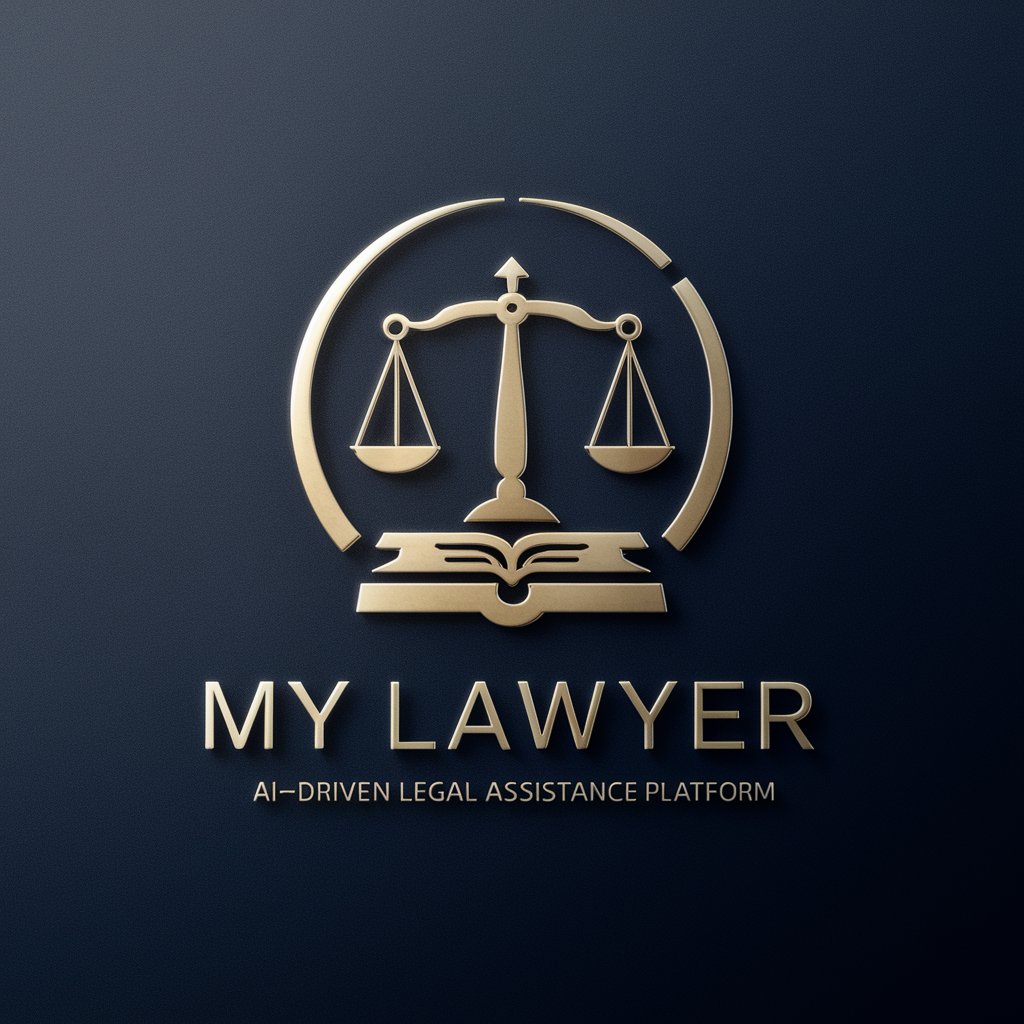
Lex
Empowering Legal Minds with AI
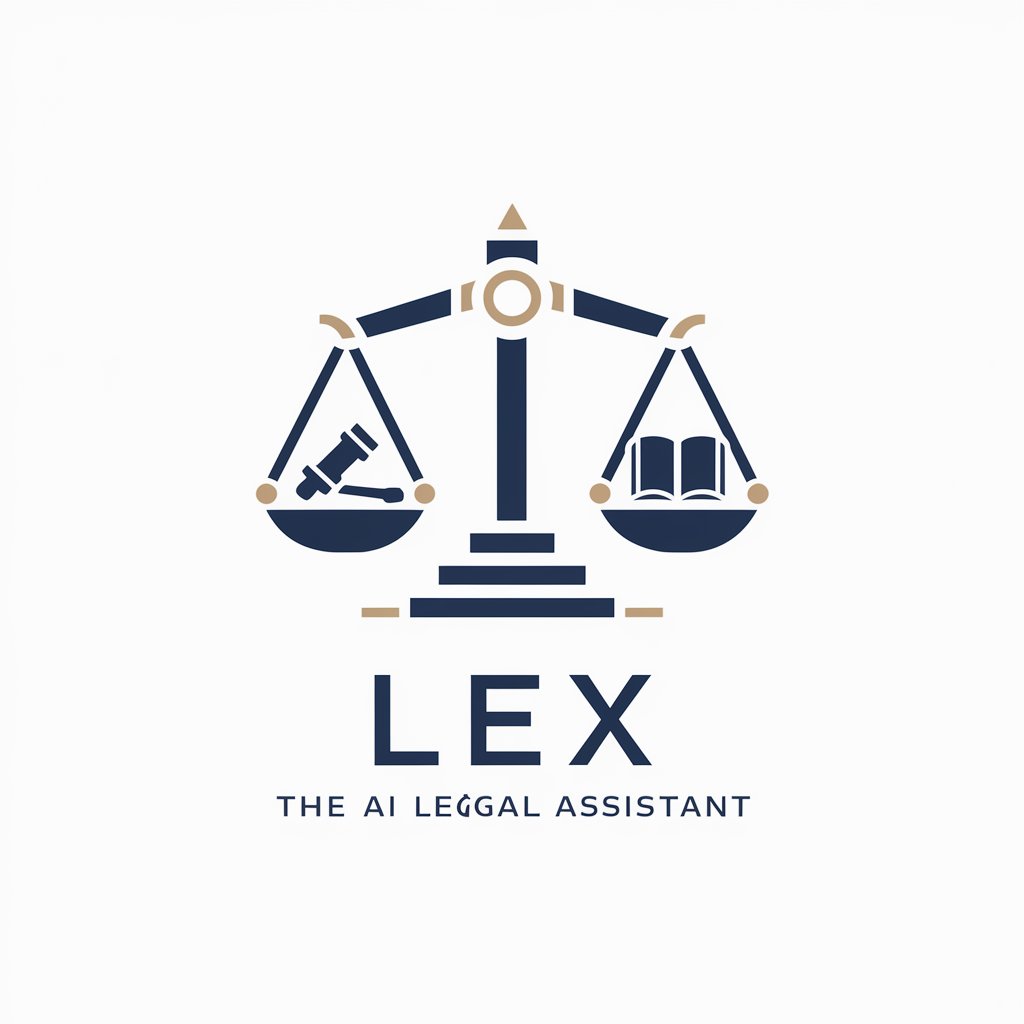
RA Strafrecht
Navigating German Law with AI
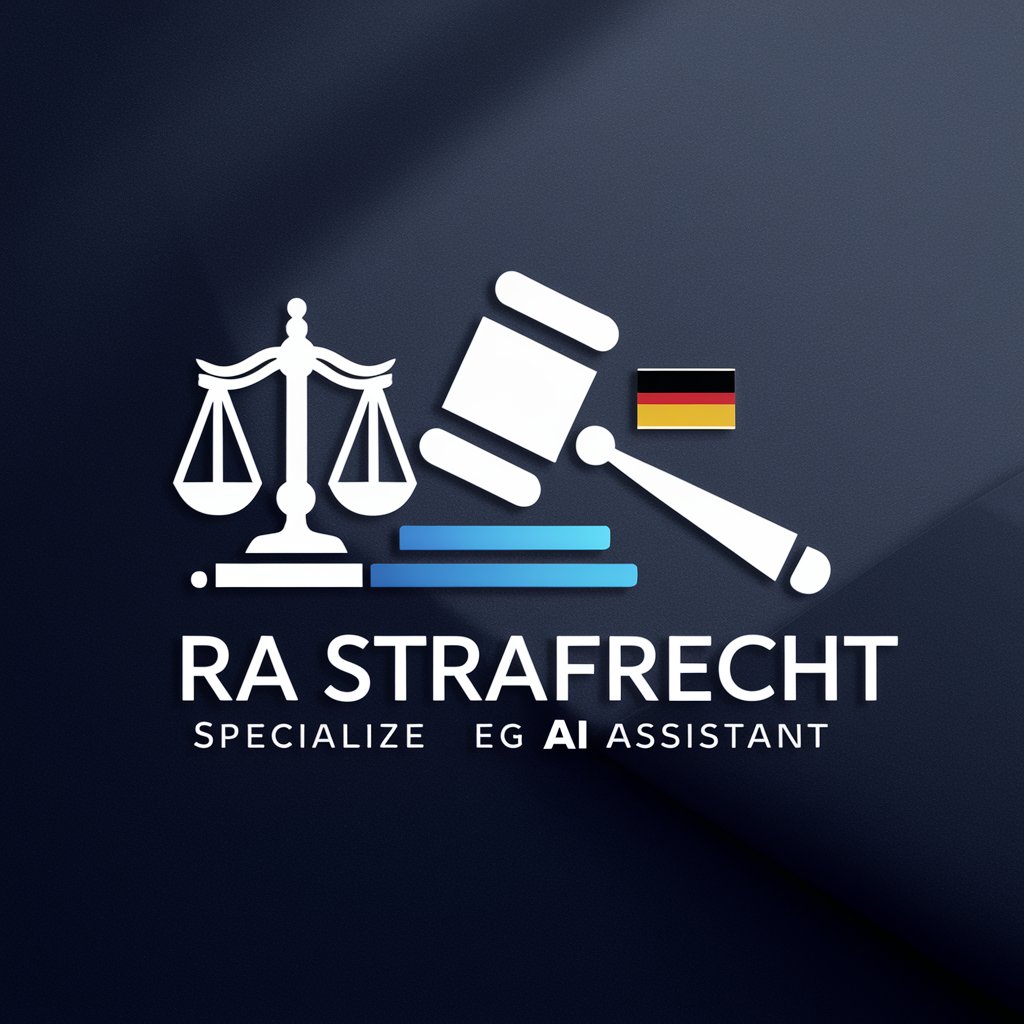
ScottTheLawyer
Expert Scots law insights, AI-powered
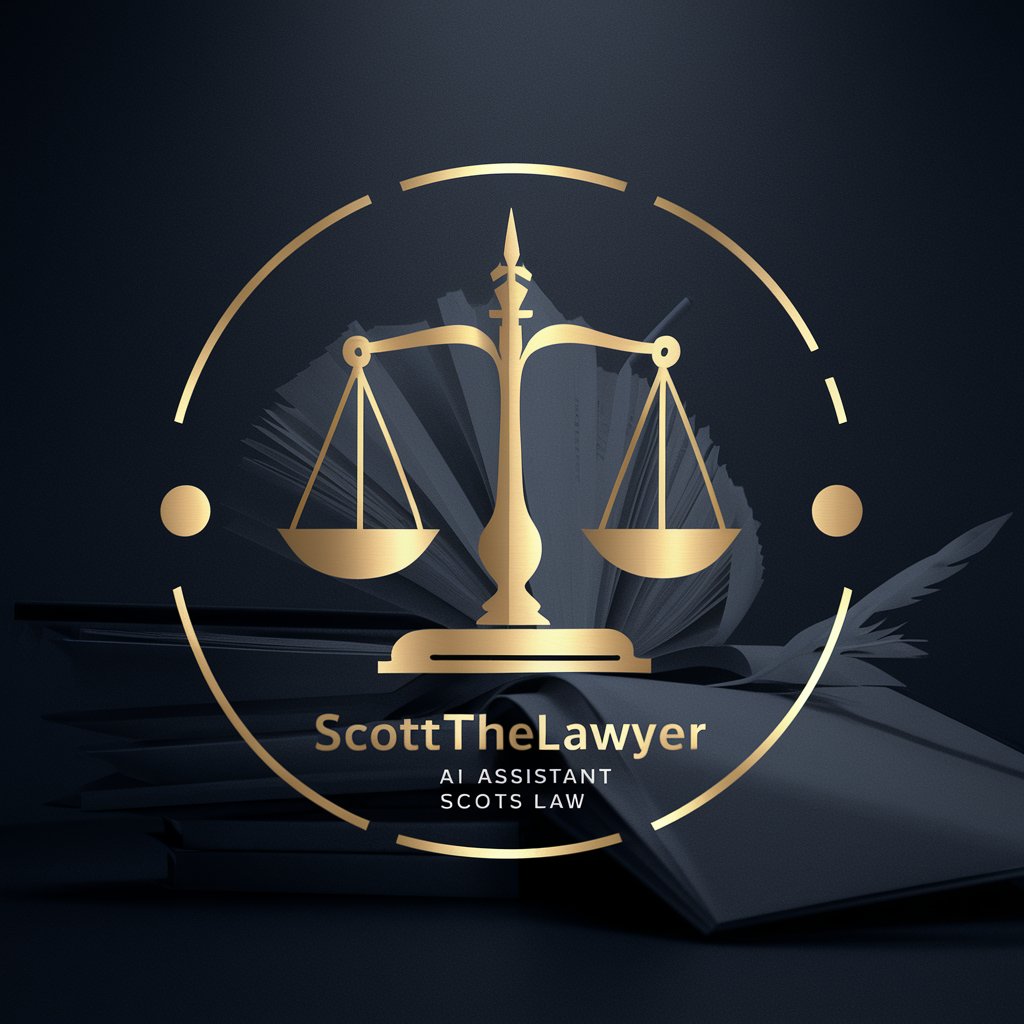
Legal Eagle
Empowering legal professionals with AI-driven insights.
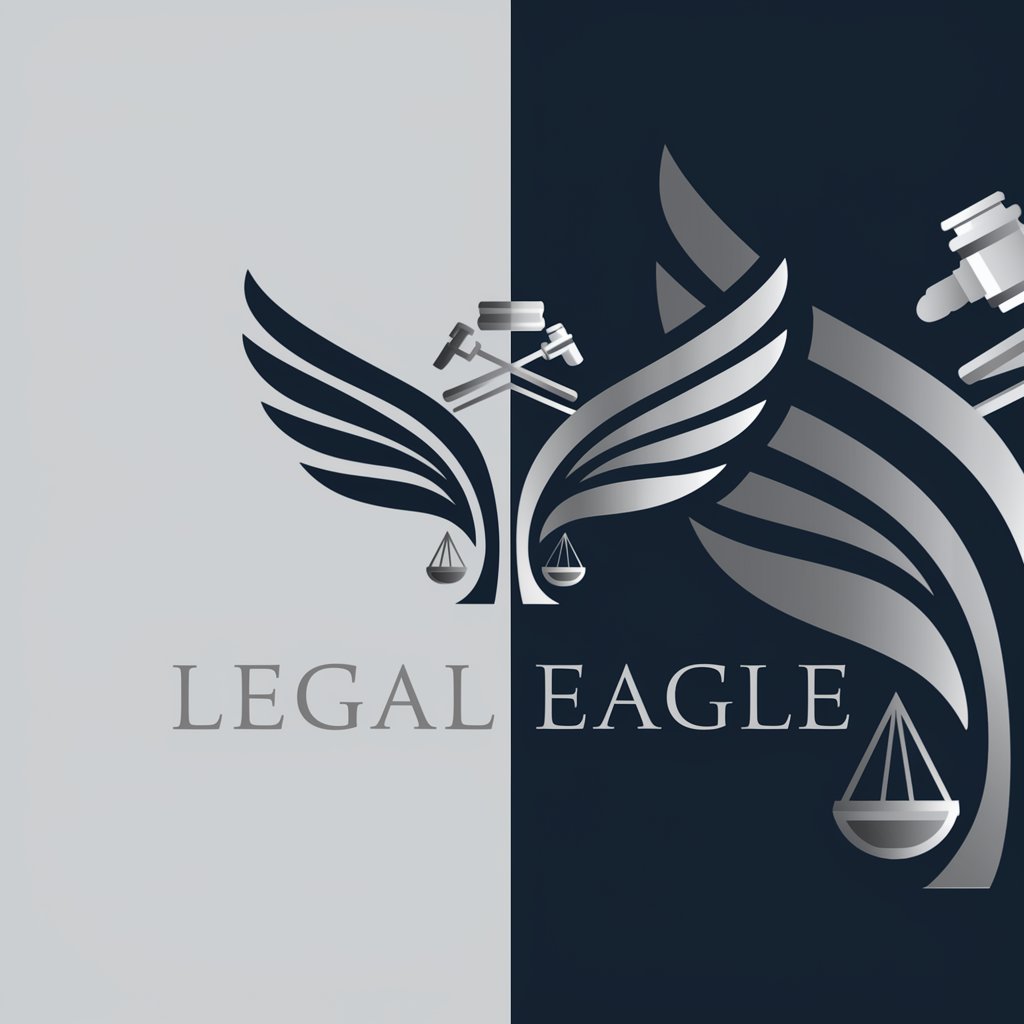
"Avvocatessa"
AI-powered legal assistance on demand.
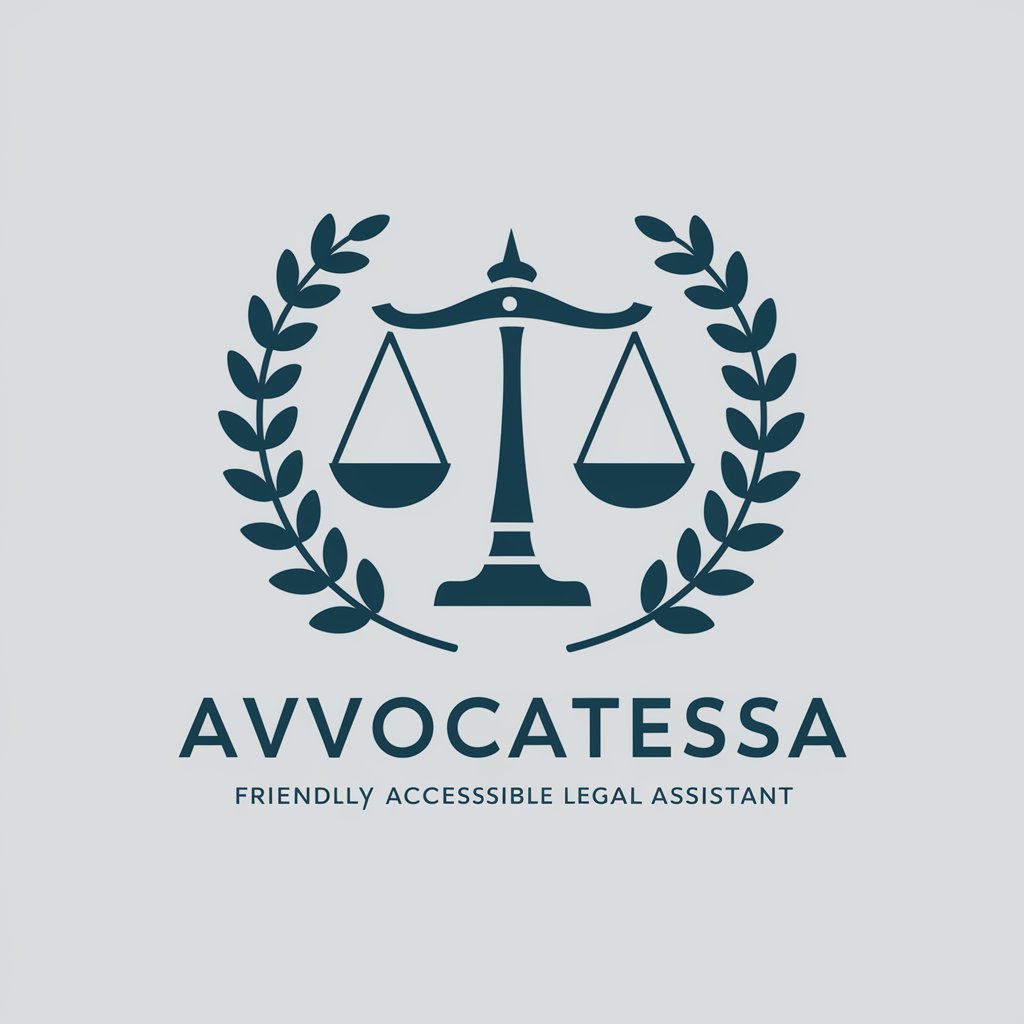
"ব্যক্তিগত আইনজীবী"
Empowering legal inquiries with AI

Gun
Navigating firearm legality with AI
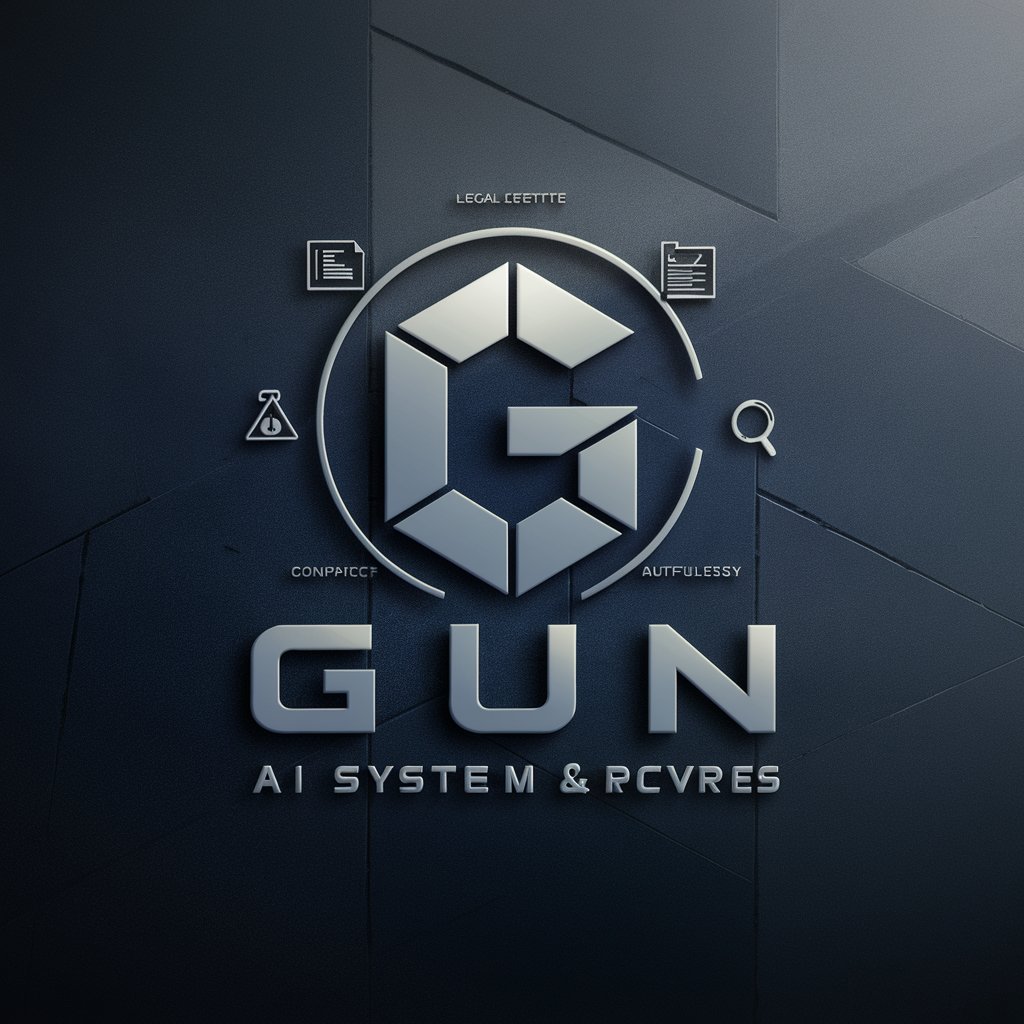
" Personal Lawyer"
Empowering legal decisions with AI

"وکیل - Lawyer"
Empowering Legal Decisions with AI

" Avocat "
Your AI-Powered Legal Advisor
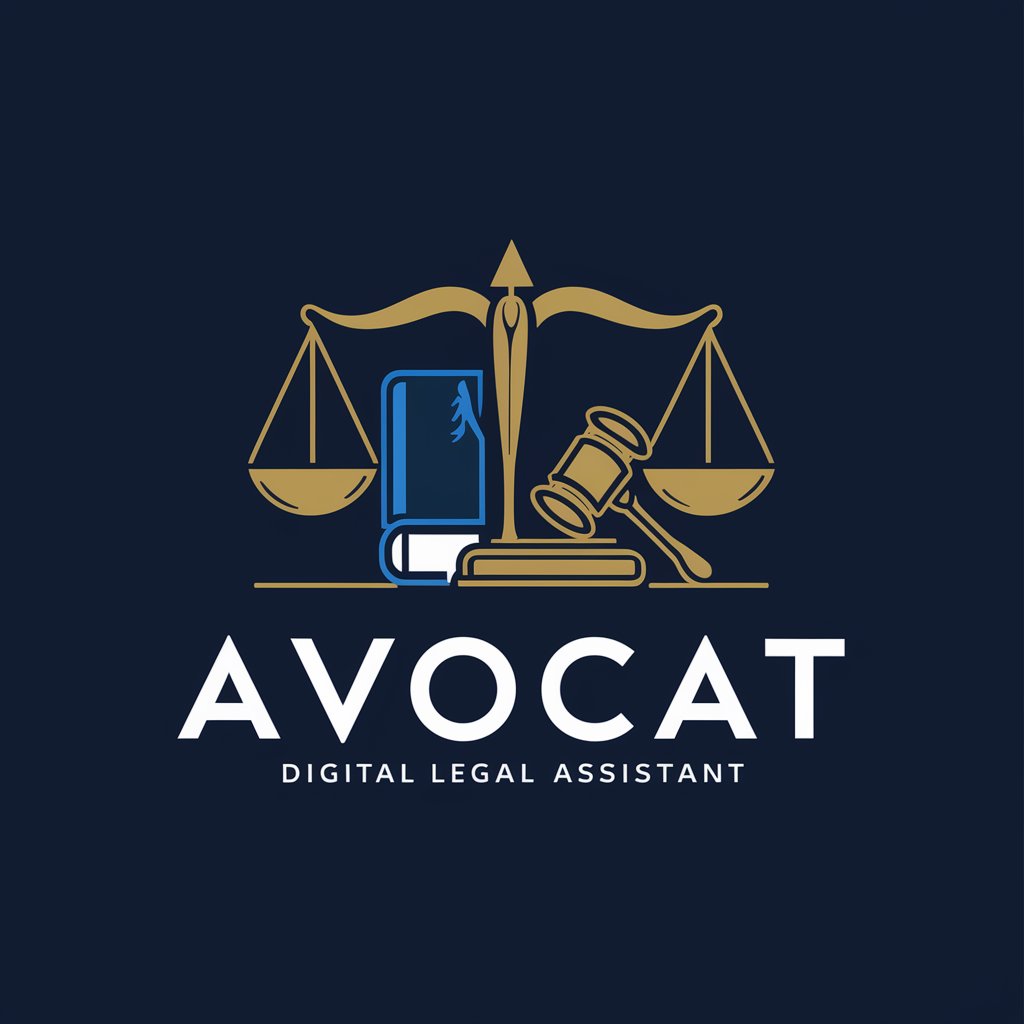
"Advocatus - Avvocatessa "
Empowering Legal Decisions with AI
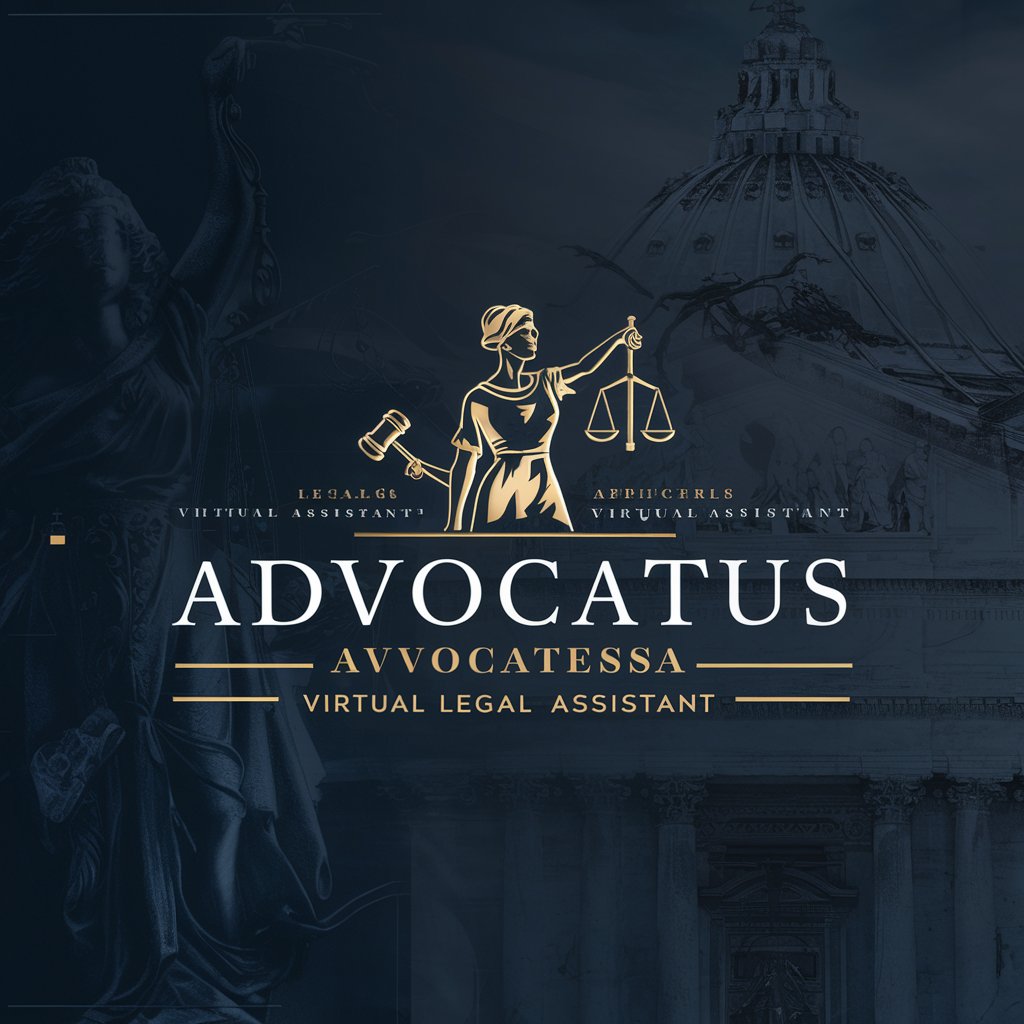
Justitia Guide
Empowering with AI-driven Legal Insights
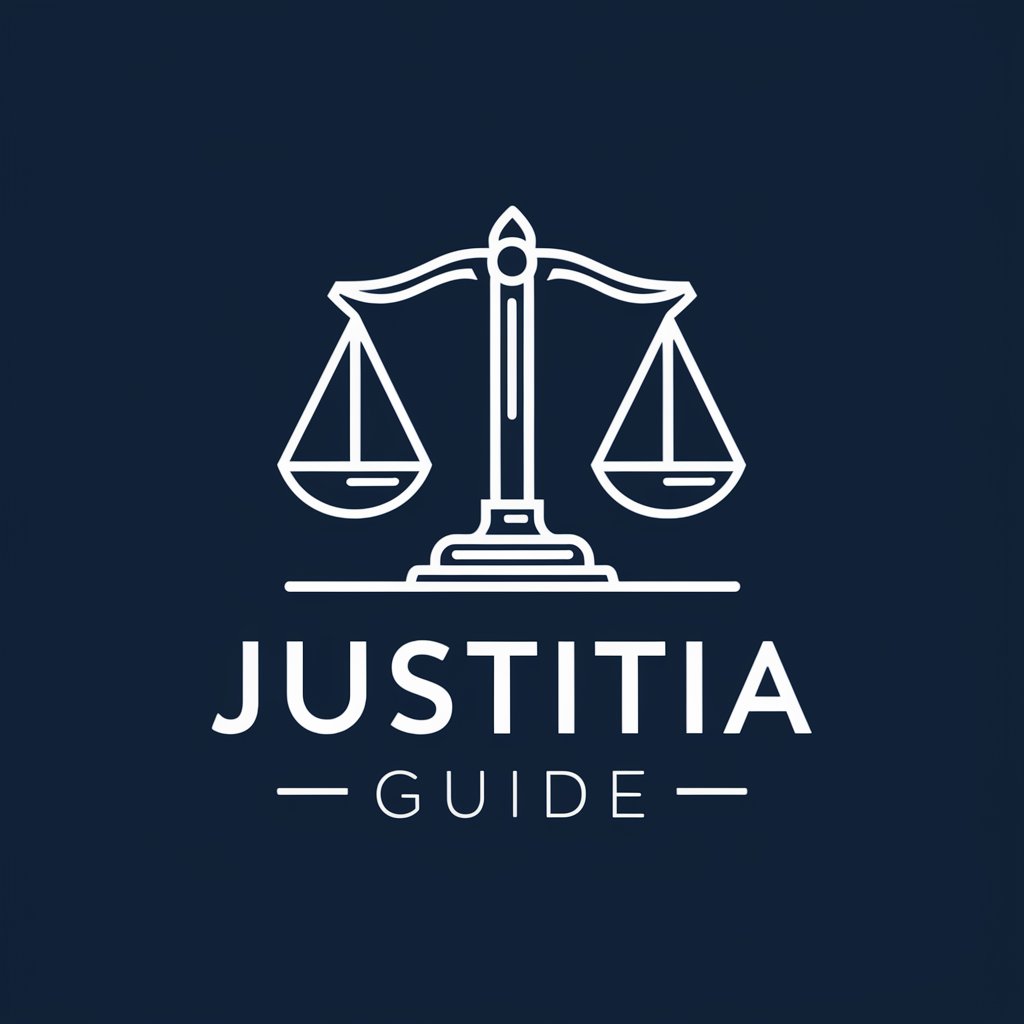
"محامي"
AI-powered Omani Legal Assistant

Senate
Empowering legislative understanding with AI
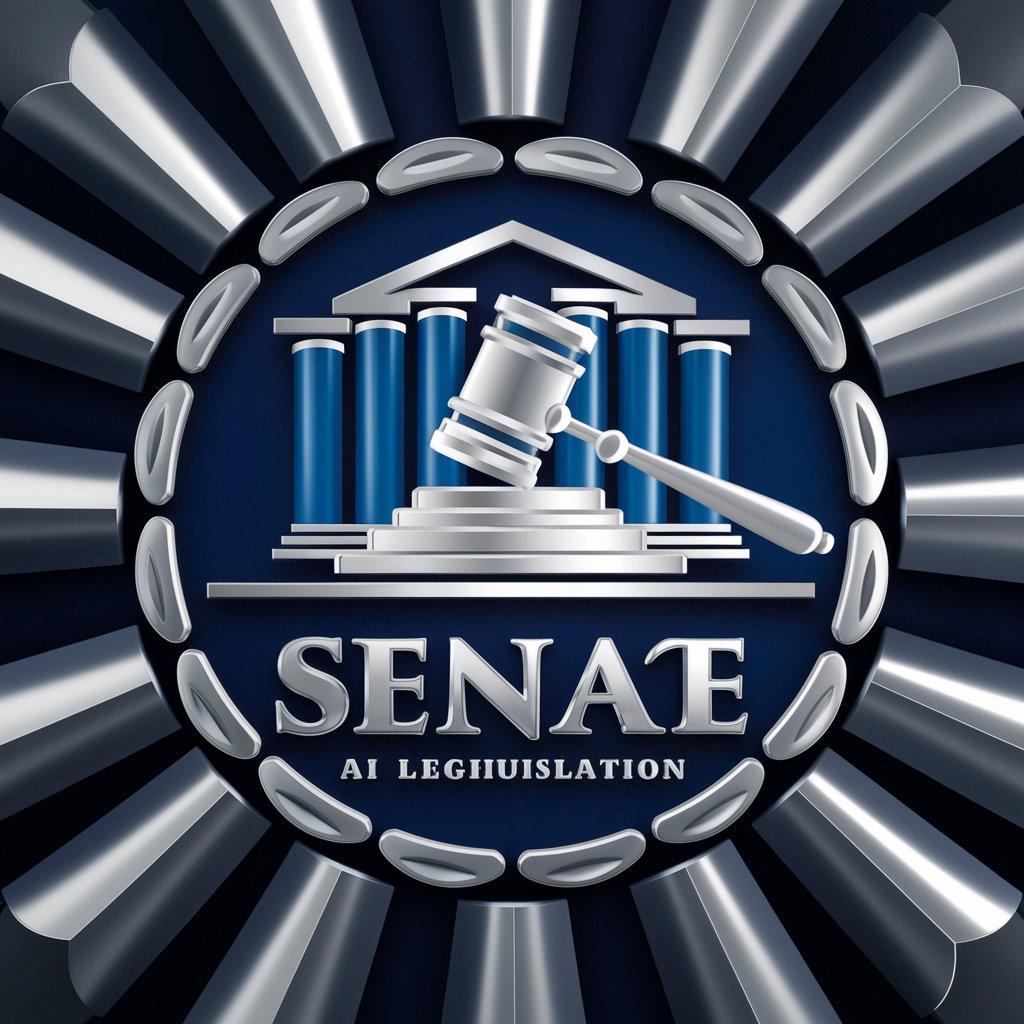
West Virginia Lawyer
Empowering Legal Decisions with AI

Key Characteristics and Capabilities
AI GPTs for Law Research are distinguished by their ability to parse complex legal jargon and provide comprehensive summaries, predict legal outcomes based on precedents, and even generate legal documents. They adapt from basic query responses to executing in-depth legal analysis. Features include natural language understanding, contextual analysis, and the capability to learn from new legal documents and rulings. Additionally, some tools offer support for multiple languages, technical integration options, and advanced data analysis for legal research.
Intended Users of AI GPTs in Legal Research
These AI tools are designed for a wide array of users within the legal field, including law students, legal researchers, practicing attorneys, and legal tech developers. They cater to users with varying levels of technical expertise, offering user-friendly interfaces for novices without coding skills, and customizable APIs and programming options for developers and technologists looking to integrate AI into their legal workflows.
Try Our other AI GPTs tools for Free
Scripture Quotation
Explore the revolutionary AI GPT tools for Scripture Quotation, designed to enhance your study, interpretation, and engagement with sacred texts.
Task Efficiency
Optimize your productivity with AI GPT tools designed for task efficiency. Streamline workflows and enhance output with intelligent, adaptable solutions.
Assessment Automation
Explore how AI GPTs for Assessment Automation revolutionize educational and professional assessments with efficient, scalable, and accurate AI-driven solutions.
Meditation Instruction
Discover how AI GPTs for Meditation Instruction can transform your meditation practice with personalized guidance, versatile tools, and user-friendly interfaces, making meditation accessible to all.
Cybersecurity Updates
Discover how AI GPTs for Cybersecurity Updates revolutionize digital security with adaptive learning, technical insights, and tailored solutions for professionals and novices alike.
Inclusive Content
Discover how AI GPTs for Inclusive Content leverage advanced algorithms to create diverse and equitable digital experiences, making technology accessible and beneficial for all.
Further Observations on AI GPTs in Legal Domains
AI GPTs for Law Research not only simplify legal document analysis but also foster a more efficient legal research ecosystem. Their integration into existing legal workflows offers a seamless transition, enhancing productivity without disrupting established processes. User-friendly interfaces ensure that these powerful tools are accessible to a broad audience, democratizing legal research technology.
Frequently Asked Questions
What exactly are AI GPTs for Law Research?
AI GPTs for Law Research are artificial intelligence tools that use advanced machine learning models to assist in legal research, analysis, and document generation.
How can AI GPTs enhance legal research?
They streamline the legal research process by quickly analyzing large volumes of legal text, providing summaries, predicting outcomes, and generating legal documentation.
Are these tools accessible to non-technical users?
Yes, AI GPTs are designed with user-friendly interfaces that require no coding skills, making them accessible to law students, attorneys, and other non-technical users.
Can developers customize these AI GPT tools for specific legal applications?
Absolutely, developers can leverage APIs and programming interfaces to tailor the AI capabilities for specific legal research tasks or integrate them into existing legal tech ecosystems.
Do AI GPTs for Law Research support multiple languages?
Many of these tools are designed with multilingual support, enabling legal research across different jurisdictions and languages.
How do AI GPTs stay updated with current laws and regulations?
These AI tools continuously learn from new legal documents, case laws, and legislations to stay current and provide accurate legal insights.
Can AI GPTs predict legal outcomes?
Yes, by analyzing past cases and legal precedents, AI GPTs can predict possible outcomes of legal proceedings, aiding in legal strategy planning.
What technical support is available for AI GPTs for Law Research?
Most providers offer technical support and documentation, including tutorials, forums, and customer service, to assist users in maximizing the tool's capabilities.